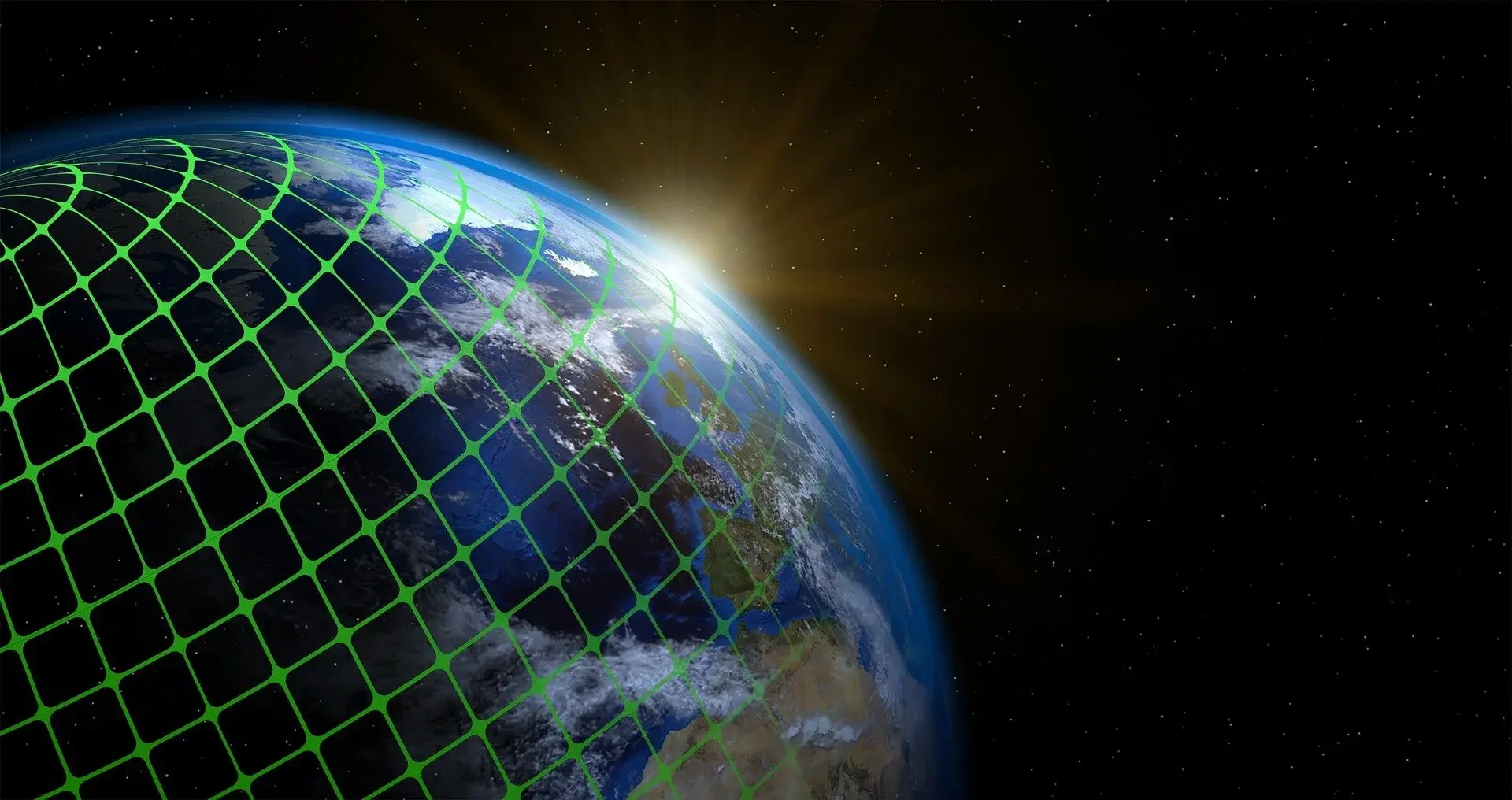The simulated universe theory implies that our universe, with all its galaxies, planets and life forms, is a meticulously programmed computer simulation. In this scenario, the physical laws governing our reality are simply algorithms. The experiences we have are generated by the computational processes of an immensely advanced system.
While inherently speculative, the simulated universe theory has gained attention from scientists and philosophers due to its intriguing implications. The idea has made its mark in popular culture, across movies, TV shows and books—including the 1999 film “The Matrix.”
The earliest records of the concept that reality is an illusion are from ancient Greece. There, the question “What is the nature of our reality?” posed by Plato (427 BC) and others, gave birth to idealism. Idealist ancient thinkers such as Plato considered mind and spirit as the abiding reality. Matter, they argued, was just a manifestation or illusion.
Fast forward to modern times, and idealism has morphed into a new philosophy. This is the idea that both the material world and consciousness are part of a simulated reality. This is simply a modern extension of idealism, driven by recent technological advancements in computing and digital technologies. In both cases, the true nature of reality transcends the physical.
Within the scientific community, the concept of a simulated universe has sparked both fascination and skepticism. Some scientists suggest that if our reality is a simulation, there may be glitches or patterns within the fabric of the universe that betray its simulated nature.
However, the search for such anomalies remains a challenge. Our understanding of the laws of physics is still evolving. Ultimately, we lack a definitive framework to distinguish between simulated and non-simulated reality.



I thought I’d heard one defense that goes if it’s theoretically possible to simulate an entire universe, which I understand it is, then it’s just statistically waaaaaay more likely that we’re in a simulated universe. There’s only one real one (excepting multiverse stuff), and potentially infinite simulated ones.
I don’t remember where I heard this though, and I am a self-admitted idiot, so it’s extremely possible I’m extremely wrong.
My biggest issue with simulation theory is that original basis seems to be the assumption that whatever universe is simulating our own must follow the same rules as our own. However, that’s not true in the slightest.
We simulate worlds that operate under different rules than our own all the time. While they aren’t anywhere near as complex as our reality, we’re at least able to dream of worlds with magic or faster-than-light travel. In a few hundred (or maybe thousand) years, who knows, we might be able to simulate a reality that follows 90% of our physical laws while also allowing for magic.
For all we know, if our universe is a simulation, it could be a magical simulation of a mundane world, taking place in a scholarly wizard’s guild because they wanted to see what a mundane reality would look like.
I mean, is there really potential for infinite simulated ones? It doesn’t make sense to be able to simulate a more powerful computer than the one running the simulation, else any computer would be able to have effectively infinite processing power with recursive simulations, so each “layer” of the simulation is logically going to have less processing power available for it than the layer above, probably a lot less. After a certain point, shouldn’t it reach a state where reality as we perceive it is too computationally intense to simulate?